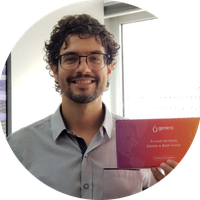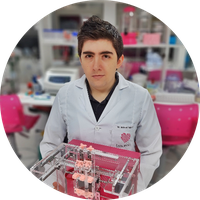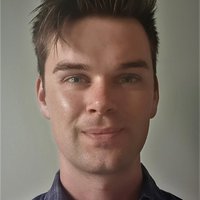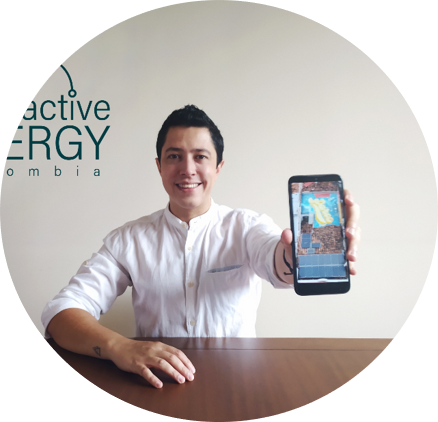Biotechnology & medicine
Juan Manuel España
Empowering electricity consumers with a platform to create clean energy systems of your own.

Latin America
Ricardo Di Lazzaro
Cheap consumer genetic tests on the market so that anyone can improve their health using their DNA information.

Latin America
Gabriel Liguori
His platform for manufacturing cellular tissues using 3D bioprinting could reduce the need for organ donation for transplants.

Asia Pacific
Connor Talbot
Developing data centric solutions to eliminate prosthetic pain and discomfort

Latin America
Carolina Serrano
Her reusable, biodegradable, and low-cost diapers meet eight of the 17 Sustainable Development Goals.
